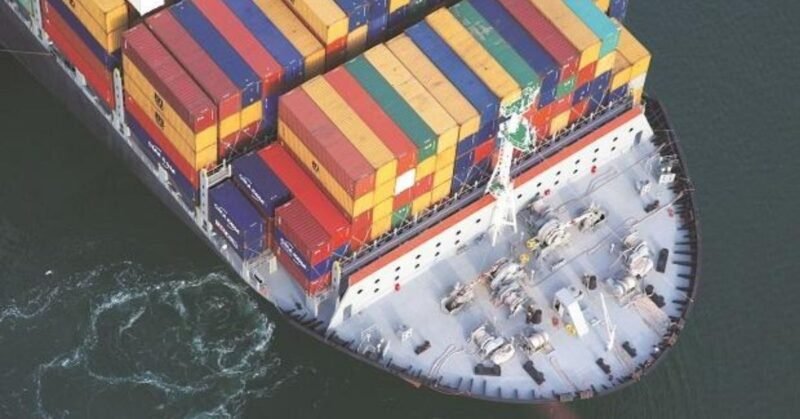Less than a year after the introduction of age norms for ships in India, the Directorate General of Shipping has announced plans to review the order with a comprehensive approach. The order set an age limit of 25 years for oil tankers, bulk carriers, and general cargo vessels, which raised concerns among stakeholders. The study aims to validate the order through a comprehensive study conducted by a third-party professional agency, examining the technical, social, and economic impacts of the order on the country’s maritime activities over the next three years. The consultant will review the order thoroughly and suggest modifications if necessary.
The objective of the study is to assess the potential benefits and drawbacks of implementing age restrictions on Indian tonnage, evaluate the economic, safety, environmental, and operational implications of the proposed order, and identify potential challenges and opportunities for the maritime sector. The study will also examine the potential economic impact of the proposed policy on ship owners, shipyards, repairers, and recyclers and provide recommendations on related policy decisions. Additionally, it will evaluate the economic viability of retrofitting older vessels with green technologies and suggest incentives for ship owners to invest in retrofitting.
Another aspect of the study is to evaluate the factors contributing to the slow growth rate of Indian tonnage in the global maritime industry and identify commercial, technical, regulatory, and operational challenges. Based on the analysis, the consultant will provide evidence-based recommendations on the potential amendments to the proposed order on age restriction, outlining potential measures to mitigate challenges and enhance positive impacts on stakeholders.







